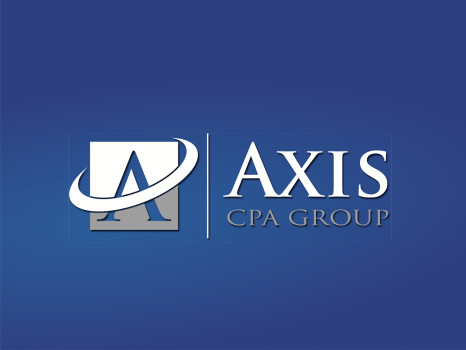
Axis CPA Group
Reviews Summary
About This Listing
Who Can Work with a CPA?
*Note: CPAs may specialize in different areas. Be sure to check credentials and service offerings.*
First-Time Clients
If this is your first time working with a CPA, don’t worry — most professionals offer a free consultation and will walk you through what to expect. You may be asked to complete an intake form, share financial documents, or set clear goals for your session.
What to Know Upfront:
*Note: Every CPA operates a bit differently. Don’t hesitate to ask questions before committing.*
What to Bring
*Tip: Organize your documents in advance to save time and ensure accuracy.*
Preparing for Your Appointment
*Note: Preparation helps you make the most of your CPA’s expertise.*
How to Get Started
Other Helpful Info
*Note: Every CPA is different — take time to find one who fits your goals and style.*
Contact Information
Address
27 Siemon Company Dr 201 W
Watertown, Connecticut 06795
Phone
+1 203-437-7547Hours
Customer Reviews
Edwin is a fantastic CPA! I?ve trusted him to complete my taxes for years and each time it?s quick, easy, and about as painless as taxes can be. Edwin is always incorporating modern software that makes the process more efficient each year. I know all of my documents are filed and can be accessed without having to keep years of paper stashed away somewhere. I?d recommend him to anyone, both businesses and personal use!
Great and detailed service. They helped explain the tax process and how I should file based on all my information. Highly recommend for business accounting and taxes.
Edwin has helped me Tremendously! Our business couldn't have thanked him enough as we were guided through every aspect!
Highly recommend Edwin and his team for accounting and tax services! I love that they specialize in technology and have been able to guide my clients with existing businesses and those starting new businesses!
Happy to say Edwin has been really good at resolving my issue with a letter I wrongly received from IRS and was charged a penalty for past taxes.
TL;DR: Uncommunicative, unprofessional, and lacking in attention to detail. I'd advise against trusting this company with your taxes. We made a somewhat last-minute decision to work with Edwin R. Monteiro CPA/CITP for the 2021 Tax Season. Our son was just born and in the NICU, so we set it up between our month-long hospital stay. A somewhat uninformed decision, as this was the first year we'd need a tax professional to help us. At first, Ed seemed like he was going to be helpful. He empathized with our si
Always reliable and very professional, I wouldn?t go with anyone else
Edwin is the absolute best around! Hard working and super efficient!!